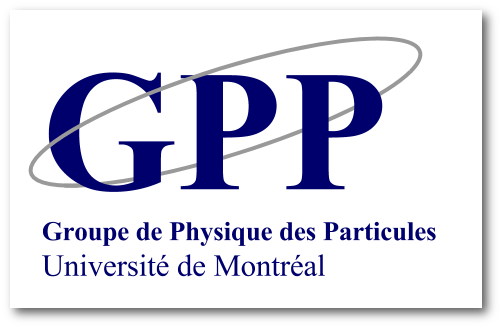You are here
Frontier Improving ATLAS Physics Potential with Upgrades
Starting in 2021, the Large Hadron Collider (LHC) will increase its operational energy, luminosity and number of interactions per collision. These conditions result in a factor of 10 more physics events, and up to 25% more overlapping processes in each event. This environment will make it difficult for the ATLAS trigger system to efficiently decide which data to store. This talk describes how a new hardware system, called the ATLAS Fast TracKer (FTK), will allow ATLAS to keep up with the demanding LHC conditions. Analyses that benefit from the FTK’s potential to improve b-quark and tau-lepton identification are discussed. These analyses have the potential to shed light on B-anomalies and gravity’s role in the Standard Model.
Readout upgrades that are aimed at improving electron and muon measurements are briefly discussed. Analyses that could benefit electron, muon, b-quark and tau identification include searches that address how neutrino masses and dark matter fit into the Standard Model.

